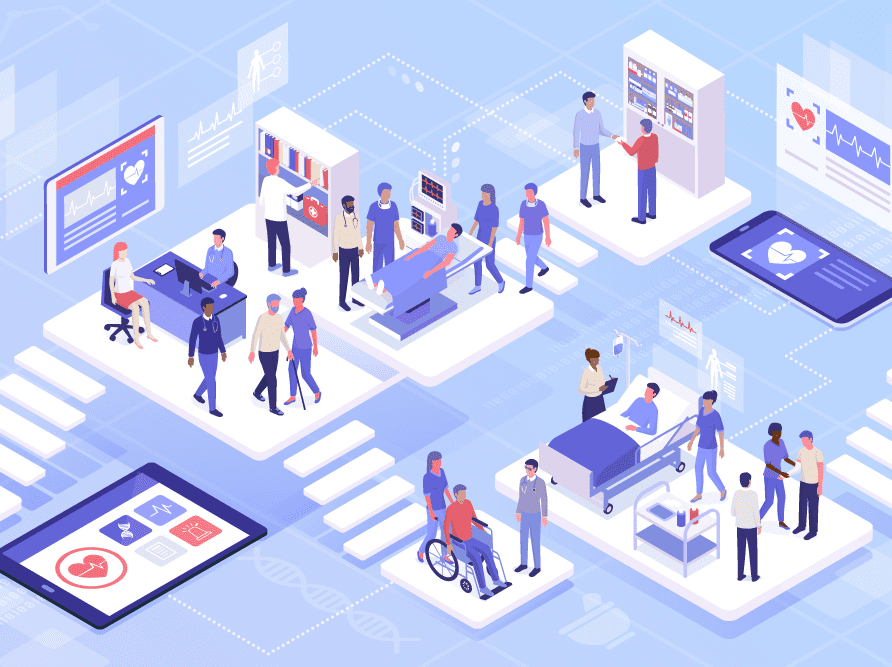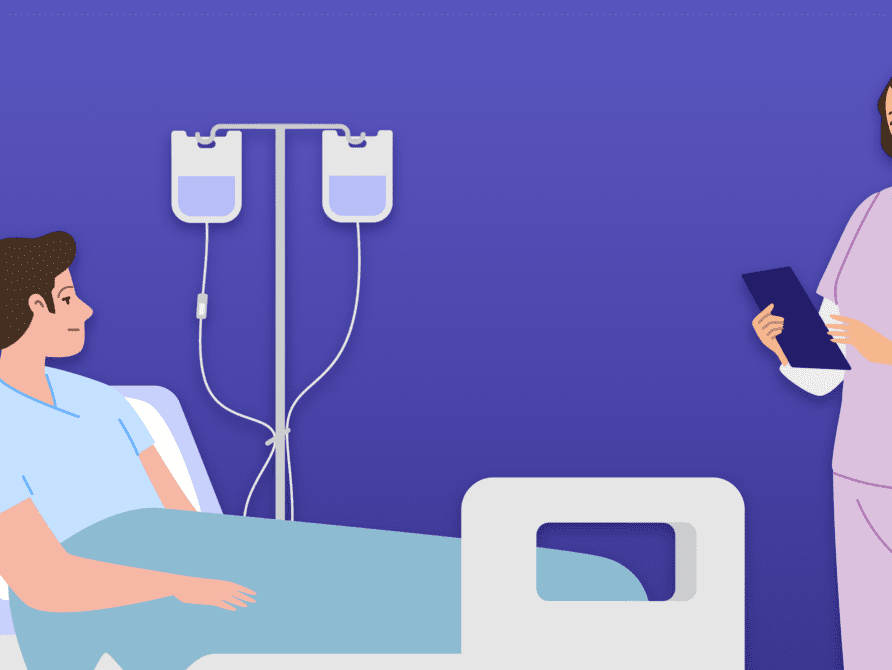Article
EHR usability: Critical failure in the industry, and the urgent need to respond
As I reflect on the instrumental part technology plays in our profession, I wanted to respond to healthcareitnews.com/news/mayo-clinic-study-links-ehr-usability-clinician-burnout”>The Mayo Clinic’s study on clinician burnout as it generally relates to our industry’s electronic health record (EHR) usability. This study echoed my own experiences as a physician, and I’m struck by a critical reality: the functionality of EHRs in our industry directly affects our professional satisfaction and efficiency.
The findings were clear, as this statement from this piece demonstrates: “The usability of current EHR systems received a grade of ‘F’ by physician users when evaluated using a standardized metric of technology usability. A strong dose–response relationship between EHR usability and the odds of burnout was observed.”
We work every day to provide our clients with the tools they need. At Altera, we work diligently to ensure we are developing EHRs that work with our users—not against them.
We work every day to provide our clients with the tools they need. At Altera, we work diligently to ensure we are developing EHRs that work with our users—not against them. Furthermore, we will not accept letting burnout run rampant in our field. Usability is critical to our healthcare endeavors as it enables our physicians to complete their workloads without major burnout factors impeding their ability. As a family physician and urgent care doctor, I understand the challenges and rewards in this field. It’s essential that EHRs not only meet technical needs, but also enhance our patient care. Without this symbiosis, we lose either the human touch or the hard data. We urgently need both to be successful in our mission to enrich—and save—lives. Significantly improving usability is desperately needed and will enable us to carve healthier paths forward, every day.

In my work with Altera Digital Health’s TouchWorks® EHR, I’m committed to developing systems that clinicians can rely on. We aim for technology that facilitates, rather than complicates, the doctor–patient relationship. Looking ahead to 2024, I’m dedicated to advocating for technological solutions that empower doctors and reinforce our commitment to providing affordable, quality care.
Here’s to a future where technology is a supportive pillar in our healthcare endeavors.












